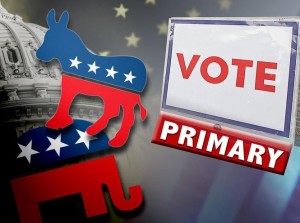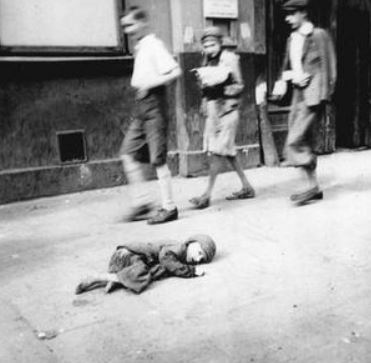Why have runoff elections?
In Georgia, the election system is straightforward. If several people in the same party run for the same seat, in this instance Georgia’s 11th congressional district, they all pay to be listed on the primary ballot for the same race.
If one person doesn’t receive a plurality of the votes in the primary, which means over 50% of the votes cast, then there is a runoff election. Why? I’ll get to that.  The winner of the runoff moves on to the general election, and the winner of that takes all.
The winner of the runoff moves on to the general election, and the winner of that takes all.
As I see it, the problem is with the primaries. Why? Because if more than two same party candidates are running for a position, it’s likely that none will receive fifty percent of the votes. The problem is that fewer people typically vote in the runoff elections. That potentially provides a way for special interest groups to have an undue influence on the election process in Georgia.
It also lets the loser in the primary, have another shot at winning in the runoff.
For example, in Georgia’s 2010 2nd congressional district, three Republicans ran in the primary with Rick Allen getting the most votes, 41.94% of the 26,969 votes cast. His runner up got 31.94% of the votes. In the runoff, only 4,922 votes were cast or fewer than 20% of the original voters voted again. Rick Allen lost in the runoff, getting only 45% of the votes cast the second time. That means his opposition trumped him and the will of the majority of the voters in the primary. For your information, the Democrat incumbent won the general election anyway, so it didn’t make any real difference.
The 12th congressional district showed similar results; the winner of the primary lost at the primary runoff, with only about 45% of the voters returning to vote in the runoff. The winner of the runoff lost anyway at the general election to the Democrat incumbent. Incumbents almost always win. There is a reason for that, but that’s another article.
It’s true that in many instances the top candidate in the primary will also win the runoff, but why have two elections and not one? It’s a lot more expensive for the state, time consuming and costly to the candidates. What the candidate is forced to spend in the runoff cannot be spent on the general election so his chances are diminished.
So what’s the solution? It’s simple. Whoever gets the most votes in the primary wins and moves to the general election. I don’t see a valid reason to have runoffs, except that it gives special interest groups the opportunity to help their candidates move to the general election.
If you have eight candidates for the one seat, it’s much better to wait for the two top candidates who will fight it out at the runoff. The special interests can pour resources into one candidate, and only need to get out a smaller number of voters to vote for that one to have a greater influence.
If you think carefully about the process, you’ll realize that voters have few real choices but are nudged and guided as to who they will vote for, and no one else.
If you agree or disagree, post your comments below.





